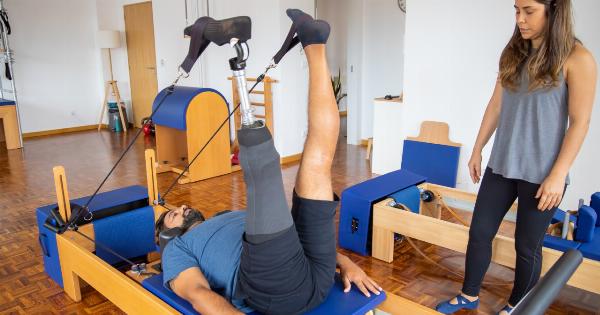Obesity is a major health issue in the world today, with nearly 40% of adults in the United States classified as obese.
One of the most serious consequences of obesity is an increased risk of stroke, which is a leading cause of death and disability worldwide. According to the Centers for Disease Control and Prevention, a stroke occurs every 40 seconds in the United States, and one in four stroke survivors will experience another stroke within five years.
However, recent research has uncovered a paradoxical relationship between obesity and stroke recovery, suggesting that obesity may actually improve outcomes for stroke survivors.
Obesity and Stroke Risk
There is a well-established link between obesity and an increased risk of stroke.
Obesity is associated with several cardiovascular risk factors, including high blood pressure, high cholesterol levels, and type 2 diabetes, all of which can contribute to the development of stroke. In addition, excess body weight places strain on the heart and circulatory system, which can further increase the risk of stroke.
Furthermore, obesity is a major risk factor for obstructive sleep apnea, a condition in which breathing is repeatedly disrupted during sleep.
Sleep apnea is associated with an increased risk of stroke, as well as other serious health issues such as heart disease, depression, and cognitive impairment. In fact, stroke survivors with obstructive sleep apnea are at a higher risk of recurrent stroke and mortality compared to those without sleep apnea.
The Paradox of Obesity and Stroke Recovery
Despite the increased risk of stroke associated with obesity, recent studies have suggested that obesity may actually improve outcomes for stroke survivors.
This paradoxical relationship has been dubbed the “obesity paradox” and has been observed in other cardiovascular conditions as well.
A study published in the Journal of the American Heart Association in 2018 examined the relationship between body mass index (BMI) and functional outcomes in stroke survivors.
The study found that stroke survivors who were overweight or obese had better functional outcomes, including better mobility and independence, compared to those with a normal BMI. The researchers suggested that the increased muscle mass and higher energy reserves of overweight and obese individuals may contribute to their improved recovery.
Another study published in the journal Stroke in 2017 found that obese stroke survivors had a lower risk of recurrent stroke compared to those with a normal BMI.
The researchers suggested that the anti-inflammatory properties of adipose tissue (fat) may contribute to the improved outcomes, as inflammation plays a role in stroke progression and recurrence.
However, it is important to note that the obesity paradox is not universal, and the relationship between obesity and stroke recovery is complex.
A review article published in the Journal of Stroke in 2020 suggested that the obesity paradox may be limited to certain subgroups of stroke survivors, such as those with mild strokes or those receiving rehabilitation therapy.
The Role of Exercise and Nutrition
While the relationship between obesity and stroke recovery is still being studied, it is clear that lifestyle factors such as exercise and nutrition play an important role in stroke prevention and recovery.
Regular physical activity can help reduce the risk of stroke and improve recovery outcomes for stroke survivors. Exercise can help improve cardiovascular health, reduce inflammation, and increase muscle mass and strength.
In addition, a healthy diet rich in fruits, vegetables, whole grains, and lean protein can help lower the risk of stroke and improve recovery outcomes.
A study published in the American Journal of Clinical Nutrition in 2018 found that a Mediterranean-style diet, which emphasizes plant-based foods, healthy fats, and moderate alcohol consumption, was associated with a lower risk of recurrent stroke and improved functional outcomes in stroke survivors.
Conclusion
Obesity is a major risk factor for stroke, but recent research has suggested that obesity may actually improve outcomes for stroke survivors.
The obesity paradox is a complex and multifaceted phenomenon that is still being studied, but it highlights the need to focus on lifestyle factors such as exercise and nutrition in stroke prevention and recovery. While more research is needed to fully understand the relationship between obesity and stroke recovery, it is clear that maintaining a healthy weight and lifestyle habits can help lower the risk of stroke and improve outcomes for stroke survivors.





























